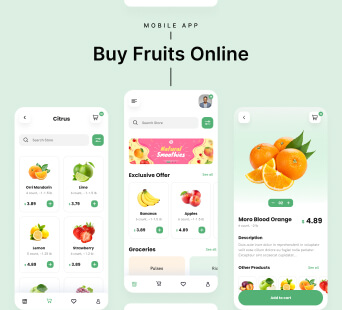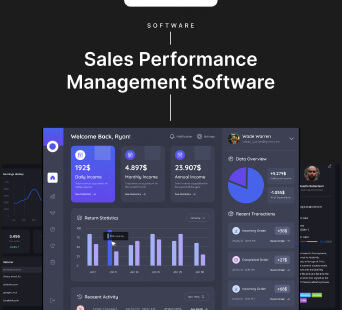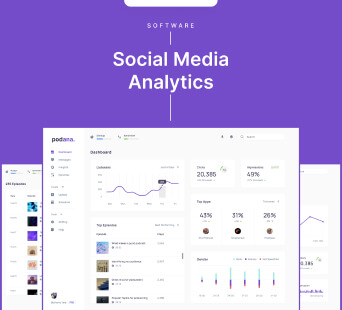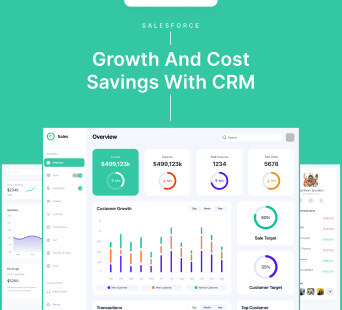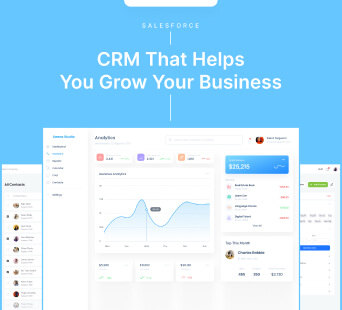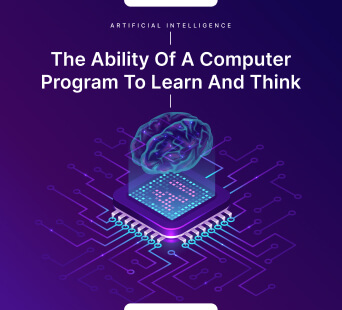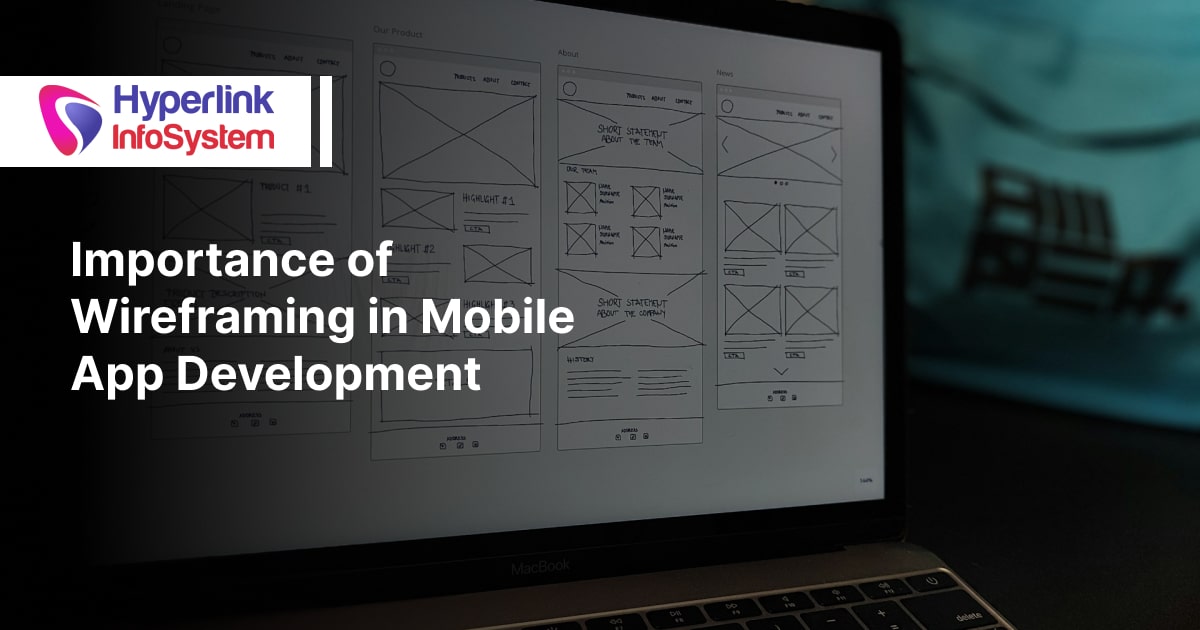Frameworks speed up the development of web applications. In the world of web development there are dozens of examples, such as Laravel with PHP, Express with Javascript, Ruby on Rails with Ruby. And there are several frameworks in the Python ecosystem that can be considered as alternatives to Django.
Django is considered the best web framework is written in Python. This tool is useful for developing sites that work with databases. A vibrant community has quickly emerged around Django. The framework began to overgrow through the efforts of volunteers. Several well-known sites that have used the framework have played a significant role in the success of Django. These include Pinterest, Dropbox, Spotify, The Washington Post.
Why Django Is a Great Web Development Framework: Ecosystem, SEO, Libraries
If you ask multiple developers why they chose Django, the answers are mostly the same. Below are the main advantages of the framework, thanks to which it became popular.
Developed Ecosystem
Experienced developers recommend thinking of Django as a system. This means that the framework is usually used with a lot of third party applications. They can be selected depending on the needs of a particular project.
Maturity
Django was introduced in 2005. Over the 14 years of its existence, it has changed and improved a lot. New features continuously appear in the framework, and old ones are being improved.
When you are familiar with Django and are looking to answer a specific question, it is often straightforward. Thousands of experts had already solved the same problems before you and shared their experience on the Internet. This is how the Django community works.
Admin Panel
The Django admin panel is automatically generated when you create your application. This saves the developer from having to make the admin panel manually.
Using third-party applications, Django's default management console can be improved and adapted to suit your project's needs. Also, the framework allows you to customize the interface of the default admin panel.
SEO Friendly
The code written in Python is readable and understandable, even for untrained people. This is one of the factors that make Python web applications SEO friendly. Django generates semantic URLs. They are also called human-readable URLs or CNCs. Django applications quickly implement other search engine optimization features.
Extensibility
Django's functionality is extended with plugins. These are software modules that allow you to add the desired function to the site quickly. The official catalog contains hundreds of plugins that make it easy to implement sitemap.xml on the site, manage access, connect the Stripe payment system, and so on. If necessary, you can disable or replace plugins to adapt the application to the project's current needs.
Libraries
Popular programming languages have libraries that are convenient for solving special problems. In libraries, you can find ready-made solutions: functions, classes, configurations, and so on. These solutions expand the capabilities of the language and simplify the creation of applications.
Django supports the use of libraries when developing web applications. Popular libraries include:
- Django REST Framework, which makes API easier to use.
- Django CMS is a handy content management tool.
- Django-allauth - with its help, the functions of registration, authorization, account management are implemented.
ORM
Django implements an Object-Relational Mapping (ORM) that allows your application to interact with databases (DB). ORM automatically transfers data from a database, for example, PostgreSQL or MySQL, to objects that are used in the application code.
ORM accelerates the development of prototypes and finished web applications in Django. The developer does not even need to know the language that is used to interact with databases.
ORM also allows you to switch between databases with minimal code changes quickly. For example, you can use SQLite on a local server and then switch to MySQL on a production server. However, to minimize errors, it is better to use the same database during development and production.
Features Of Django Framework
- Provides Rapid Development
- Thoroughly Tested
- Offers High Security
- Versatile in Nature
- Excellent Documentation
- High Scalability
- SEO Optimised
- Python Web-framework
Hyperlink InfoSystem – A Leading Django Development Company In UK
Hyperlink InfoSystem is a leading Django development agency in the UK. With the development of tons of Django apps with functionality ranging from simple to complex, we are best suited to develop your Django apps for your company. We have experts in different aspects of web development, such as the user interface and user experience. Our attention to detail ensures that we excel in all our projects and have excellent customers' ratings. We are always evolving, and we use the best technologies for every project.
Design Guidelines And Coding Best Practices
Our developers work according to proven, agile development methods. Also, we adhere to the current design guidelines of the respective platform and develop your apps using coding best practices. Current design guidelines are often criteria for posting in the application stores. Using best practices means that the source code we create is clean, maintainable, and of high quality.
The Django Framework Extends The Benefits of Python With The Following Principles:
Divide and Conquer
Django follows the MVC design pattern of separating the information, processing, and display of an application. This mechanism reduces interdependencies between tasks and allows each stakeholder to focus on one aspect of the project at a time. It also facilitates the re-use of existing software bricks.
Data Control Is The Key To Efficiency
Data processing is based on a simple and powerful ORM that offers native and efficient management of relational databases, but also automatic back-office management and the possibility of changing the database without changing the code.
Don't Repeat Yourself (DRY)
This principle of software development aims to reduce repetitions of all kinds, allows powerful decoupling and generates code that is simpler, more efficient and less expensive to maintain and upgrade.






